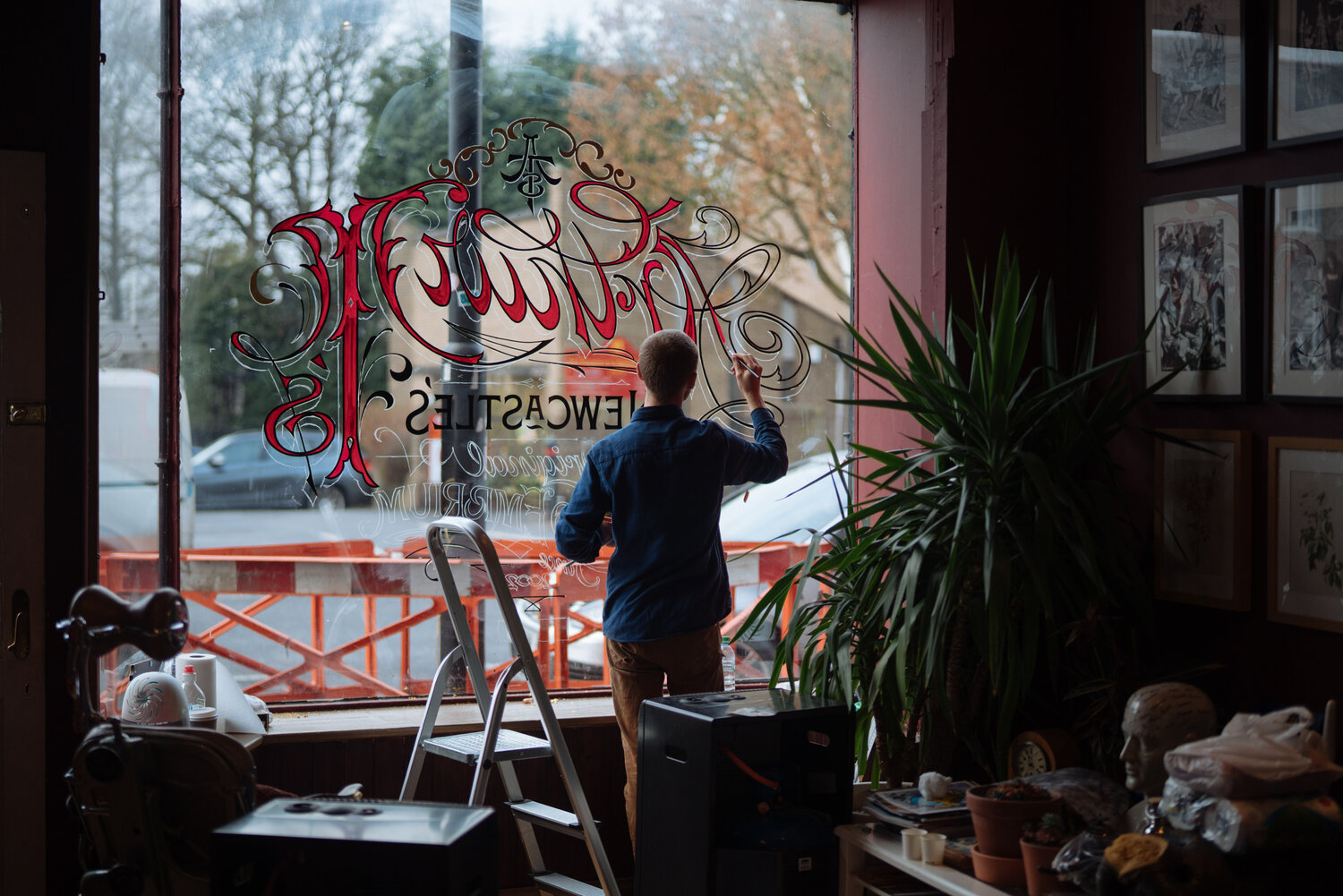Did you know that 1 in 4 visitors are likely to abandon a website that takes over four seconds to load?
That’s why it’s so important to have a fast loading time on your WordPress website! To keep your site loading as quickly as possible, our developers have shared some of their top tips on speeding up your WordPress website:
1. Less is more when it comes to plugins
“There’s a plugin for that” – the phrase that any developer dreads to hear. When building a website with WordPress, less is definitely more when it comes to plugins. They allow you to add functionality to your site with a simple click of a button. However, they can add lots of bloated code which will slow down your site, possibly creating security weaknesses too.
So, choose wisely and don’t just install plugins for the sake of it. Try to use ones that are highly rated and from a good source. But if functionality can be done without a plugin, then this is always the best method. It’s a good idea to review what plugins you’re using regularly. Remove any that you’re not using anymore as this can help speed up your WordPress website.
Bonus Tip: Remember to always update your plugins as this is another culprit for slowing down your site!
2. Resize images
Large images that aren’t optimised for the web are one of the main causes of slow loading pages. Resizing images can help raise your site performance by reducing the image file size.
Ideally, you should use images with a width of 2000 pixels on average, saved at 72dpi. Images in this format won’t take too long to load and they’re ideal for large header images on wide screens and desktops.
There are websites which you can use to compress your images before uploading to reduce the file size. Compressing the overall file size will help speed up the loading of your site.
3. Run performance tests
Running performance tests is essential to understanding where your site stands performance-wise. It sounds basic, but you’d be surprised at how many businesses don’t do this. There’s no one size fits all metric that sums this up as performance can vary for several reasons. It could be because of a visitor’s geographic region, internet speed or whether your site is cached by their browser.
Depending on the content on each page of your site, the page loading speed will vary. Homepages are often used for estimating general load speed. You should also test any page that receives high traffic. You can do this by using free online performance measuring websites. Some even give suggestions on how to improve loading speed.
4. Try to update your live website during times of low traffic
Making updates and changes to your live website is unavoidable. However, to speed up your WordPress website, it needs to be done. If you are needing to update your site, you should do it at times when you experience low traffic.
This can help prevent your site from displaying an ugly “under maintenance” message. Let’s face it, the closed for maintenance message isn’t a good look for any users landing on your website, especially if it’s their first visit! It might not feel like a big deal, but think about it this way, if users are unable to properly access your website due to maintenance, you could miss out on potential enquiries.
5. Choose a reliable hosting provider
A fast WordPress site needs a quality web host. You should choose both a hosting provider that meets your bandwidth and performance requirements. Most WordPress hosts offer serval types of hosting:
- Dedicated hosting
- Shared hosting
- Managed WordPress hosting plans
- Virtual private server (VPS) hosting
When choosing your hosting plan, you generally get what you pay for. Shared hosting has competitive pricing but hosts your website on the same server as other websites. This is the choice often picked by newer sites to help gain momentum before upgrading.
Websites that are more established should use dedicated or VPS hosts. They will be able to handle increased traffic without affecting load time.
Need help with your WordPress website?
Get in touch, we’d be happy to chat about your options, what we can do to speed up your site and how we can help your business.

